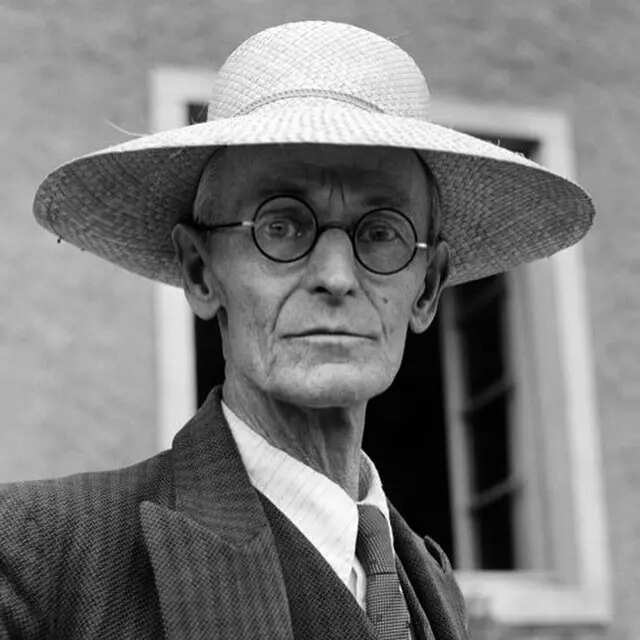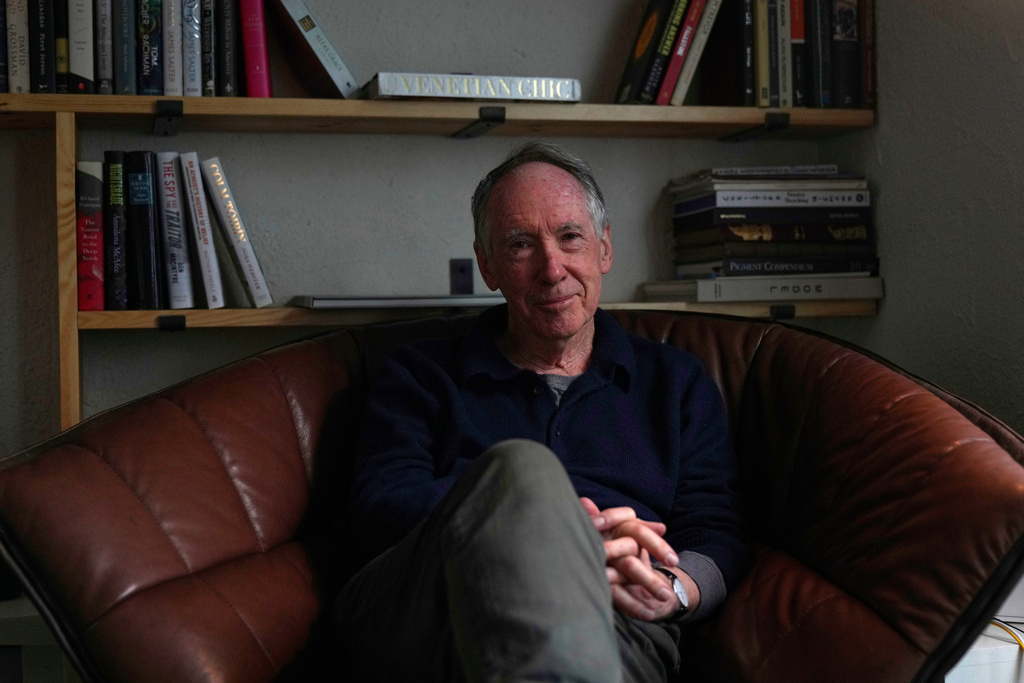8 Authors Whose Books Deserve a Spot in Every Classroom | Books

8 Authors Whose Books Deserve a Spot in Every Classroom (Picture Credit – Instagram)
Some authors don’t just write stories; they reshape how we understand the world. These are the voices that challenge, inspire, and expand young minds. The writers featured here explore everything from human rights to existential philosophy, from cultural identity to scientific possibility. Their works prompt discussion, ignite empathy, and build critical thinking. These aren’t just books to read, they’re books to wrestle with, revisit, and remember. If you’re curating a reading list for any classroom, these eight authors are essential. Their work sparks necessary conversations about power, identity, justice, and belonging, conversations that stay with students far beyond the final exam.
1. Khaled Hosseini
Khaled Hosseini’s novels give voice to those often left unheard. Set against the turbulent backdrop of Afghanistan, his stories explore themes of war, loss, guilt, and redemption. Books like ‘The Kite Runner’ and ‘A Thousand Splendid Suns’ are emotionally rich and morally complex. Students are invited to think globally and empathise deeply, developing their emotional intelligence and critical thinking. Hosseini’s accessible prose makes his novels ideal for both high school and university curricula. These are stories that leave a lasting impact and spark necessary classroom dialogue.
2. Haruki Murakami
Haruki Murakami’s surreal and introspective narratives challenge conventional storytelling. Novels like ‘Kafka on the Shore’ and ‘Norwegian Wood’ combine magical realism with philosophical undertones, offering students an invitation into layered emotional landscapes. Murakami explores themes of loneliness, memory, identity, and the subconscious, allowing for deep reflection. His work is particularly well-suited for older students who are ready to tackle ambiguity and existential inquiry. With his dreamlike prose and complex characters, Murakami provides a literary experience that’s as intellectually demanding as it is emotionally resonant. His stories linger long after reading, blurring the boundaries between the surreal and the familiar in ways that quietly transform how we see the world.

3. Chimamanda Ngozi Adichie
Chimamanda Ngozi Adichie’s fiction and essays explore vital themes of race, gender, identity, and post-colonialism. Works like ‘Americanah’ and ‘Half of a Yellow Sun’ offer powerful narratives that reflect Nigerian history and the immigrant experience. Her storytelling is rich, engaging, and educational, sparking conversations about privilege, feminism, and cultural conflict. Adichie’s accessible style makes her ideal for both secondary and university classrooms. Essays like ‘We Should All Be Feminists’ have become educational staples. Her work opens minds and offers critical lessons on global citizenship and empathy, encouraging students to think beyond borders, question assumptions, and engage with diverse perspectives in meaningful, lasting ways.
4. George Saunders
George Saunders combines satire, empathy, and experimental narrative techniques to comment on society and morality. Stories in ‘Tenth of December’ and the novel ‘Lincoln in the Bardo’ are both inventive and emotionally resonant, pushing the boundaries of what literature can be. His prose engages students on ethical and human levels, prompting them to consider perspectives beyond their own. Saunders’s work is especially valuable for lessons on narrative voice and structure. With his blend of humour and compassion, he provides a unique literary toolset for exploring modern life, inviting readers to reflect, question, and empathise through deceptively simple stories that reveal deeper emotional and philosophical truths.
5. Virginia Woolf
Virginia Woolf’s pioneering use of stream-of-consciousness and her unapologetic feminist voice have made her a cornerstone of modernist literature. Novels like ‘Mrs Dalloway’ and essays such as ‘A Room of One’s Own’ examine the inner lives of women with nuance and depth. Woolf’s writing challenges students to question narrative norms and explore mental health, gender roles, and identity. Her layered prose requires attentive reading, rewarding students with rich philosophical and psychological insight. She remains vital in discussions of literary innovation and social change, offering nuanced portrayals of identity, power, and consciousness that continue to inspire critical thought today.
6. Hermann Hesse
Hermann Hesse’s novels explore themes of self-discovery, spirituality, and personal growth. Works like ‘Siddhartha’ and ‘Demian’ serve as philosophical journeys through the human psyche, appealing especially to adolescent readers. Hesse bridges Eastern and Western philosophies, offering profound meditations on purpose, morality, and transformation. His introspective style invites students to reflect deeply on their own lives and beliefs. In the classroom, his work fosters meaningful discussions around identity, belief systems, and emotional development, making him an essential voice for thoughtful, transitional periods in education. His stories help students navigate ambiguity, build empathy, and understand the complexities of becoming oneself.

7. Victor Hugo
Victor Hugo’s sweeping epics like ‘Les Misérables’ and ‘The Hunchback of Notre-Dame’ explore justice, revolution, and human dignity on a grand scale. His novels combine dramatic storytelling with sharp social critique, making them perfect for interdisciplinary teaching. Hugo’s characters are rich, and his moral questions are enduring. He prompts students to confront issues like poverty, inequality, and redemption. By integrating history and literature, his work enhances critical thinking and cultural awareness. Hugo’s passionate humanism makes his novels as educationally vital today as they were in his own time. His exploration of justice, poverty, and redemption offers timeless lessons that continue to challenge and inspire students across generations.
8. Isaac Asimov
Isaac Asimov masterfully blends storytelling with science, making complex ideas accessible and engaging. His ‘Foundation’ series and ‘I, Robot’ stories provide fertile ground for exploring artificial intelligence, ethics, and societal evolution. Asimov’s clear, logical prose invites students to ask big questions about humanity’s future and technological impact. His work is ideal for interdisciplinary learning, connecting literature with STEM education. Through his speculative visions, Asimov challenges readers to think critically about moral responsibility in the age of innovation. His books stimulate curiosity, creativity, and ethical reflection in equal measure. In classroom discussions, they also encourage debates on autonomy, artificial intelligence, and the boundaries of human potential, making them especially relevant today.
The authors on this list bring depth, diversity, and daring to the classroom. Their works span continents, genres, and centuries, but all share a commitment to truth, empathy, and critical inquiry. Whether through historical drama, speculative fiction, or philosophical reflection, they challenge readers to think harder and feel deeper. Including these voices in the curriculum is more than an academic choice; it’s an invitation to explore what it means to be human. In a world that needs more understanding, their books are tools for transformation, empathy, and perspective, offering narratives that challenge assumptions and expand our collective imagination.

